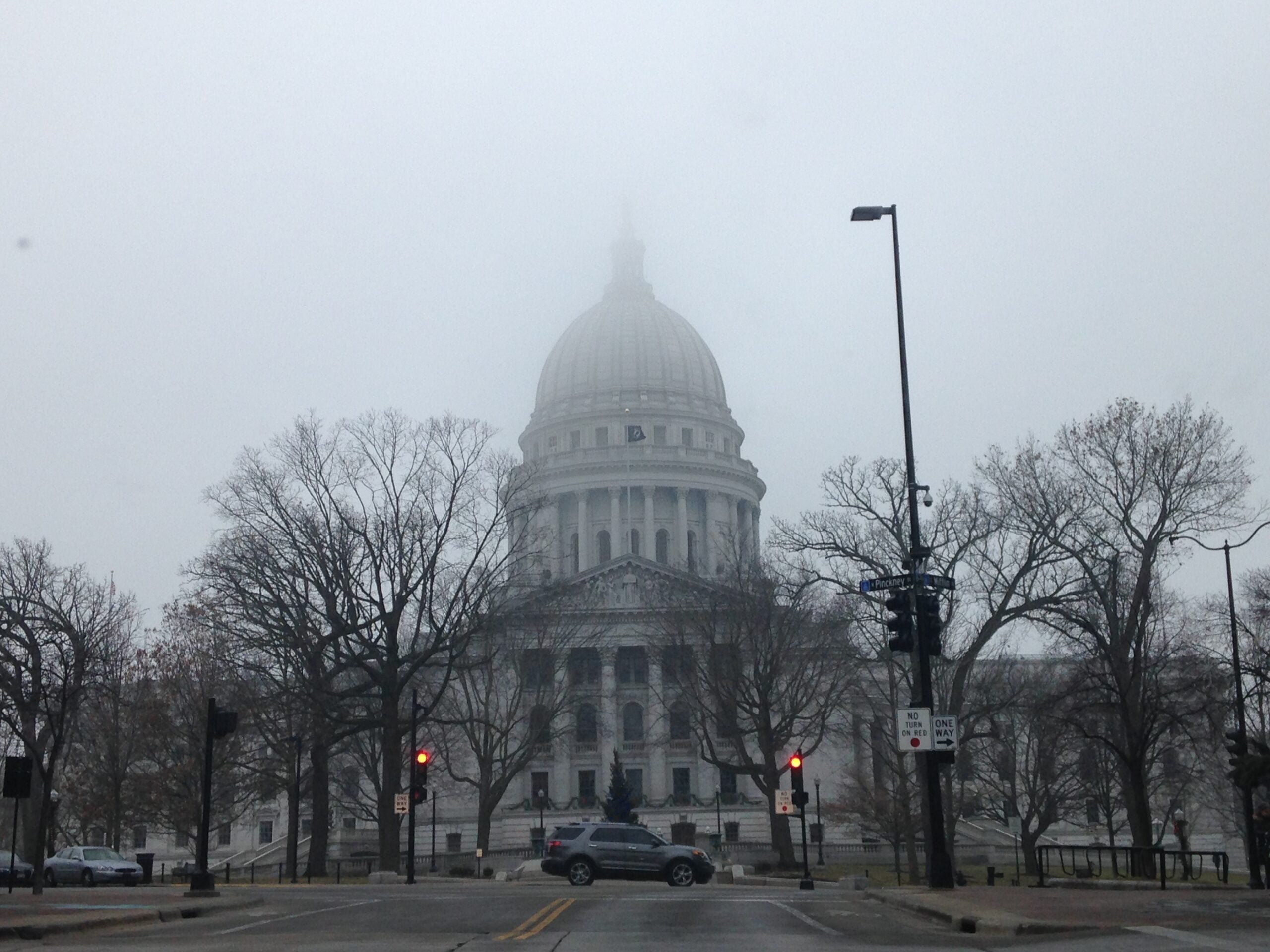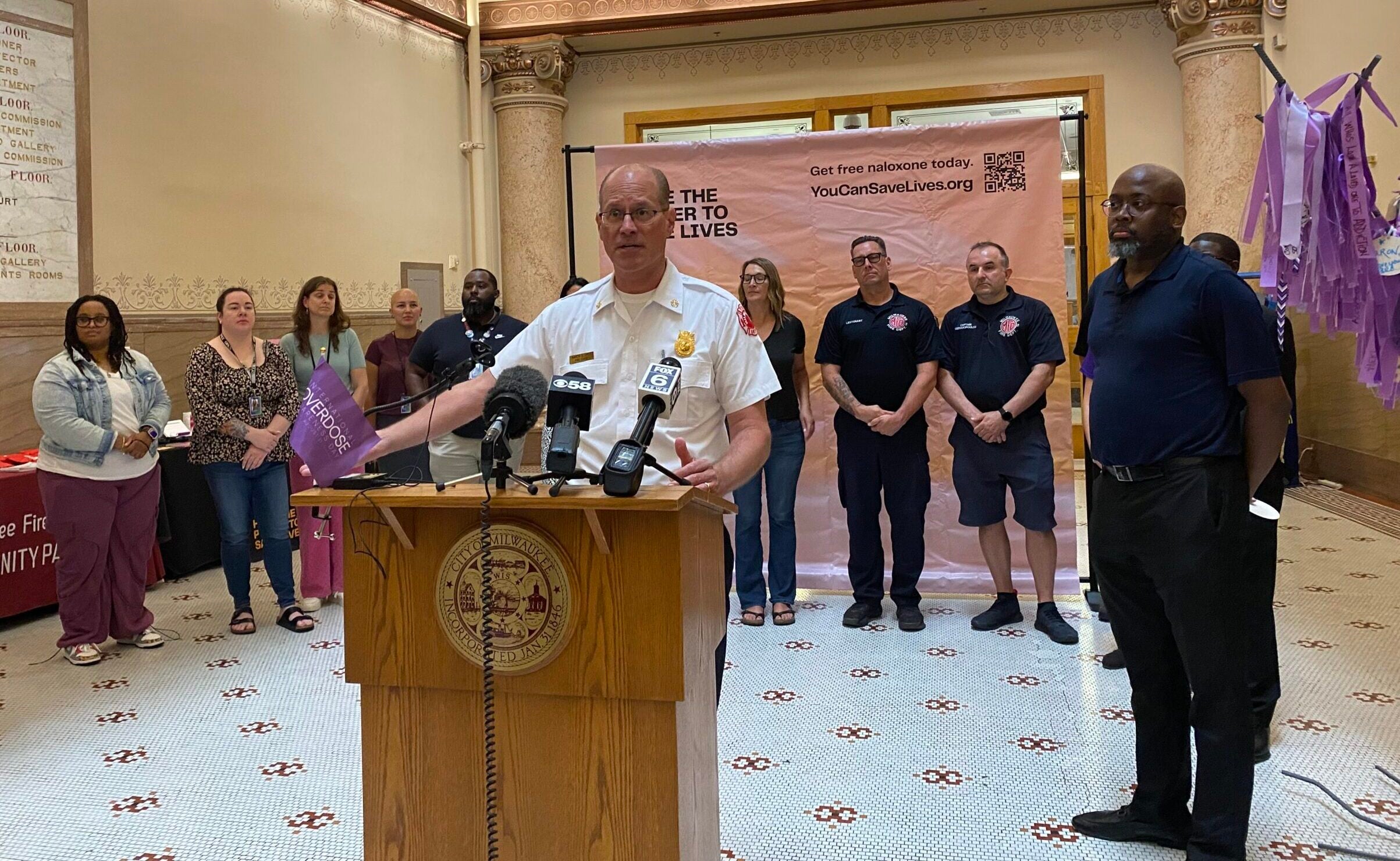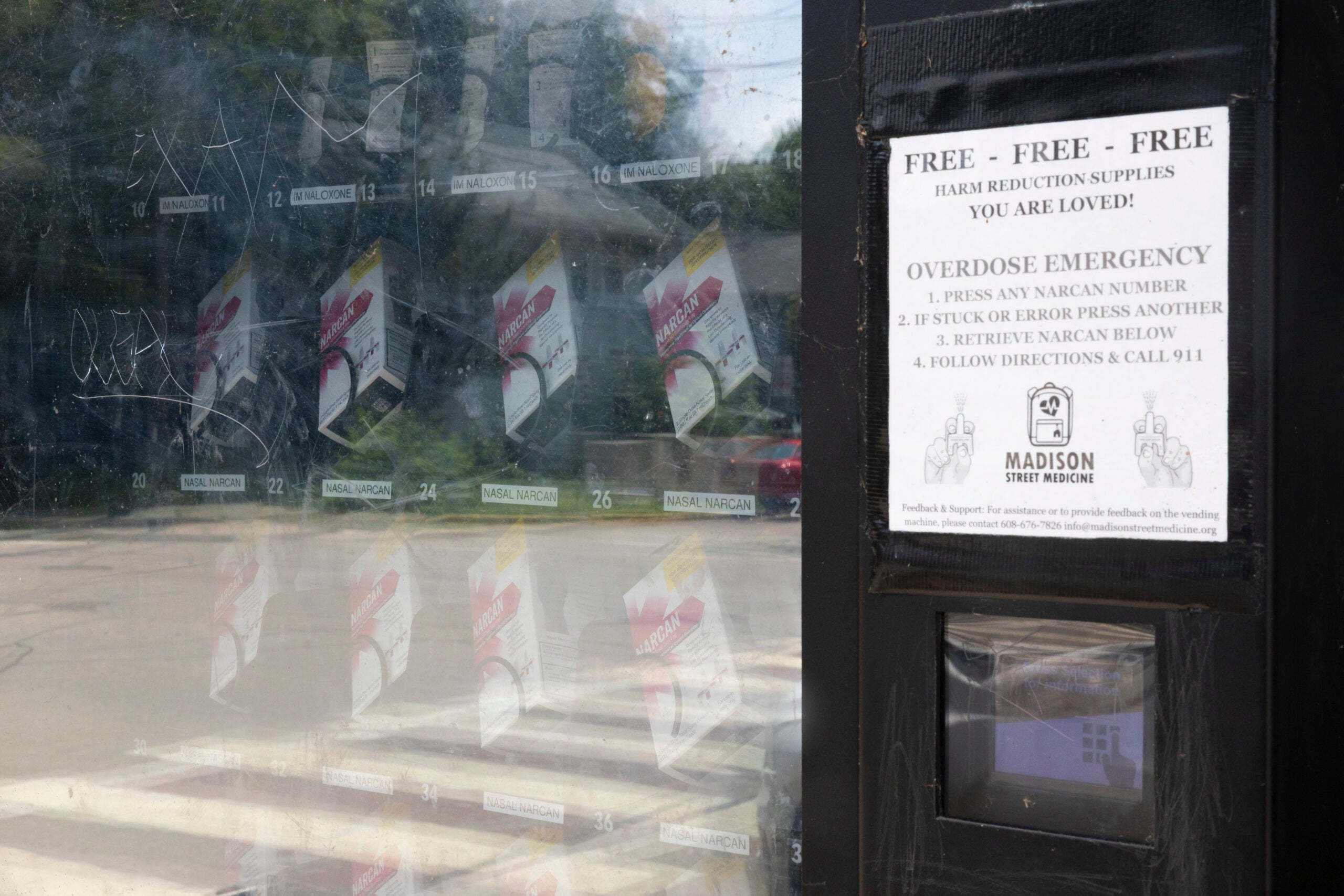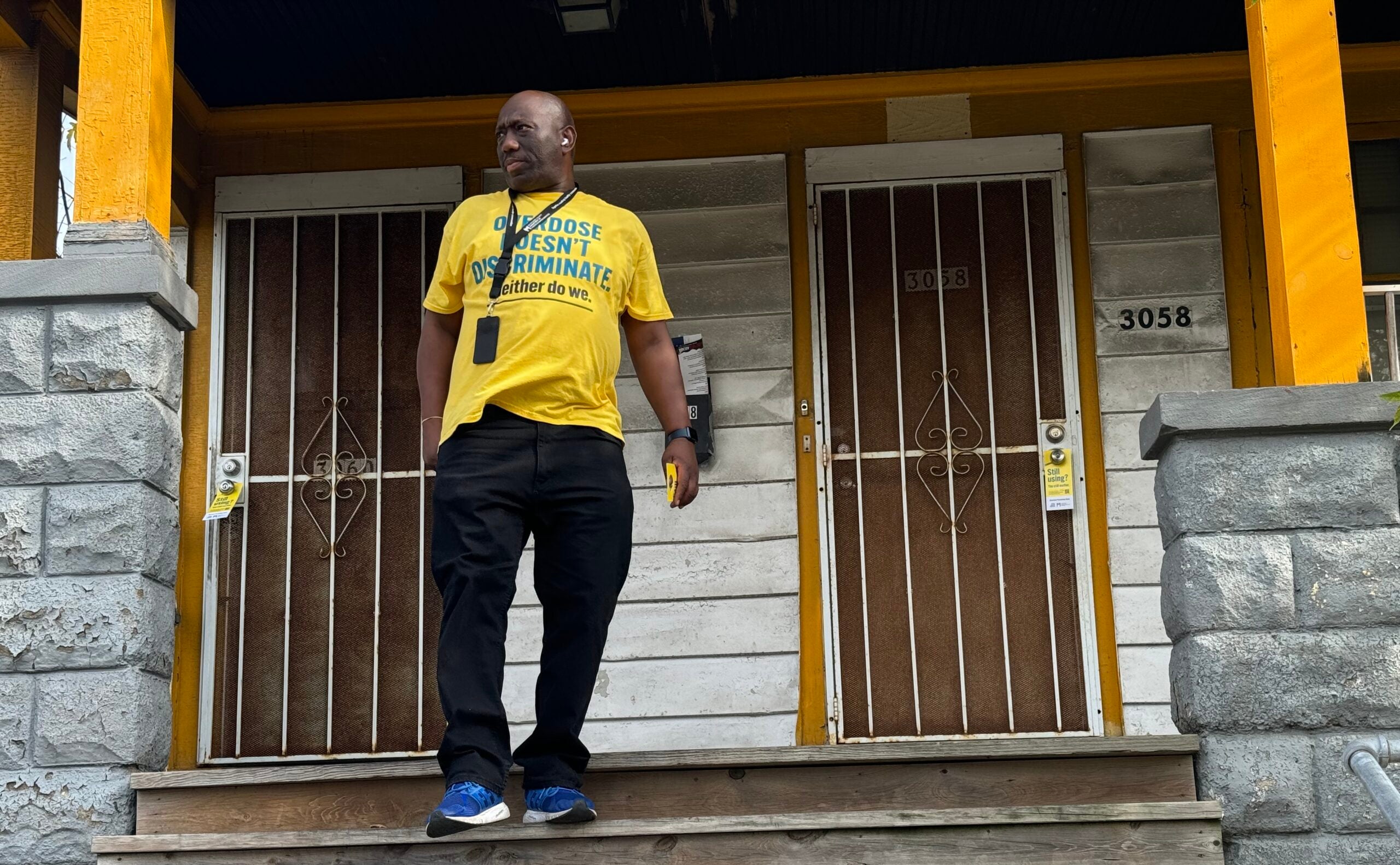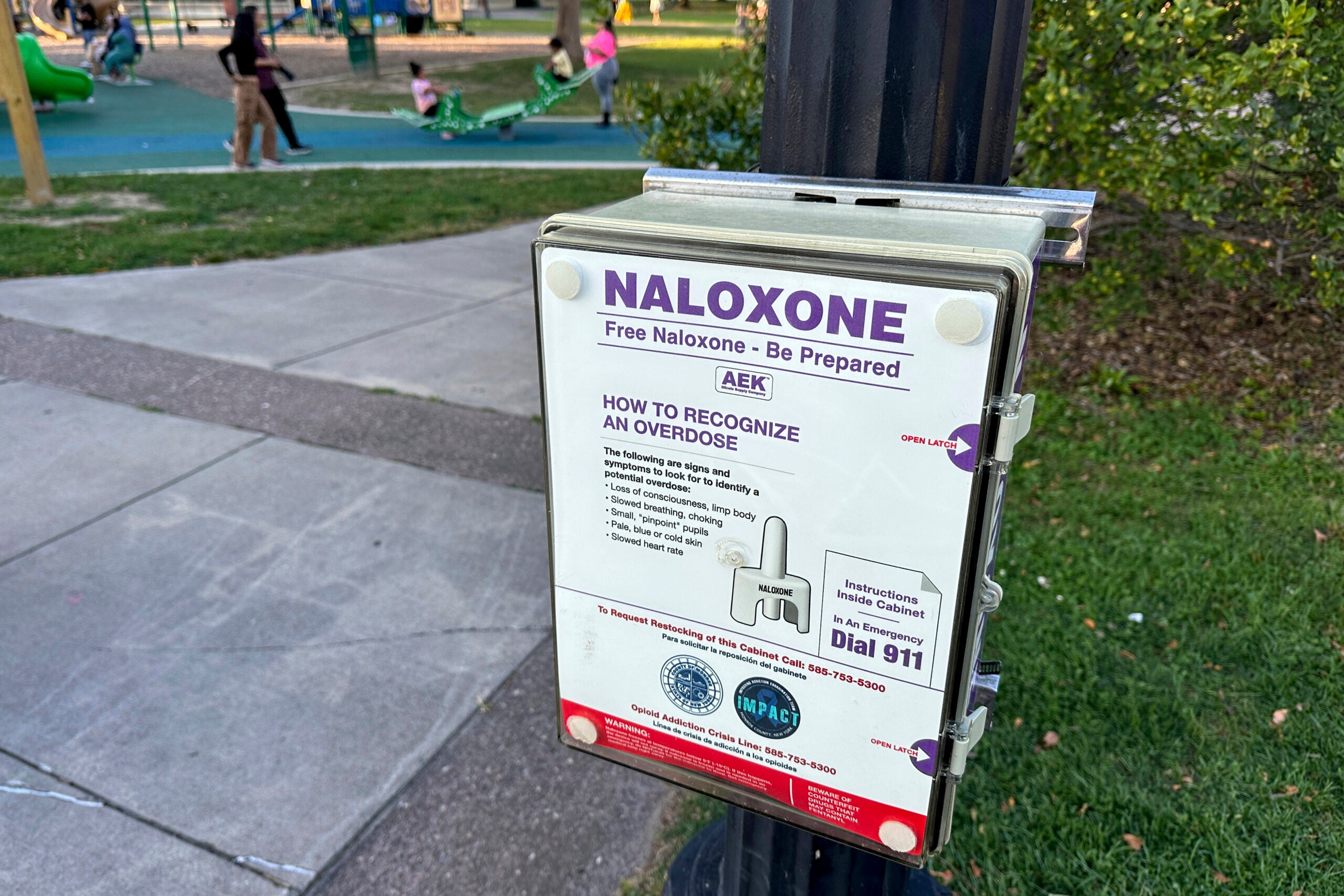As state lawmakers continue working on ways to control the opioid epidemic they are looking back at what laws have been effective and should continue.
One of those laws is the state’s Prescription Drug Monitoring Program, said Rep. John Nygren, R-Marinette.
Since 2014, Nygren has authored 30 bills under the Heroin, Opioid Prevention and Education (HOPE) Agenda. Part of the HOPE Agenda is the Prescription Drug Monitoring Program that is used by pharmacists and doctors to track patients’ opioid use.
News with a little more humanity
WPR’s “Wisconsin Today” newsletter keeps you connected to the state you love without feeling overwhelmed. No paywall. No agenda. No corporate filter.
During a public hearing Wednesday at the state Capital on a proposal to extend a law requiring doctors and prescribers to use the database, Nygren said it has reduced the amount of addictive painkillers, like oxycontin, that doctors give patients.
“It’s still too high, but we’ve trended in the right direction. This tool is vital, and we need to continue its use,” testified Nygren, the bill’s author, before the Senate Committee on Health and Human Services.
With a new round of legislation aimed at opioids, lawmakers are also trying to reduce stigma for those seeking to wean themselves off drugs.
One of five new bills discussed Wednesday would establish Wisconsin as a recovery-friendly workplace. Under the proposal, state employees would not be penalized for undergoing medication-assisted treatment for addiction along with behavioral therapy. Such treatment involves using federally-approved controlled substances like methadone and buprenorphine, which can be controversial because of their potential for abuse.
The proposal also would require the state Department of Health Services to keep a list of approved locations where those with substance abuse disorder can stay.
In tearful testimony, a mother described how her daughter died from alcohol abuse and how two nieces are struggling with heroin.
Jenny Hallet, of Milton, said if she could have had someone help her navigate the system her daughter, Brittany, might still be alive.
“Every time I called 911 for my daughter when she was overdosing on alcohol I begged police to please tell me where I could send her to get help,” Hallet told lawmakers. “But no one had any answers. There needs to be an easy path to finding reputable treatment providers and also reputable recovery residences.”
The stigma surrounding recovery contributes to a high rate of death, incarceration and additional mental health concerns, Nygren said.
Another bill is designed to get more overdose reversal medication into jails and study the availability of medication-assisted therapy in jails.
Prescription opioids and street drugs like heroin killed more than 3,800 people in Wisconsin from 2014-19. Overdose deaths did drop in 2018, the first time since 2015. But there still aren’t enough treatment options for everyone who needs it, according to federal data on Wisconsin.
Wisconsin Public Radio, © Copyright 2025, Board of Regents of the University of Wisconsin System and Wisconsin Educational Communications Board.

